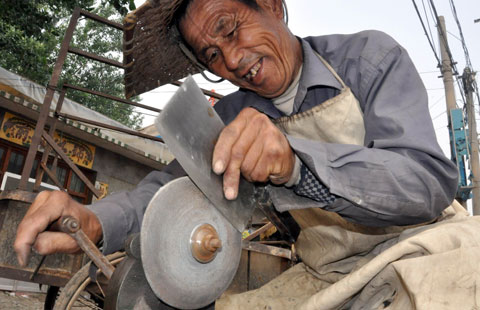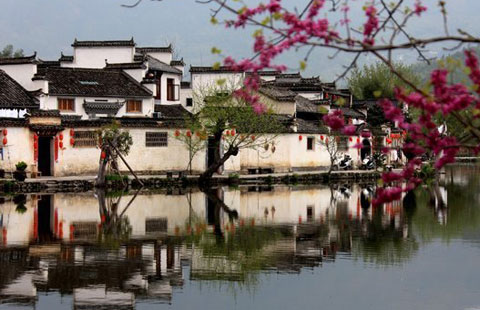Peking Opera should hold Chinese identity: artist
( Xinhua ) Updated: 2014-11-15 15:59:40
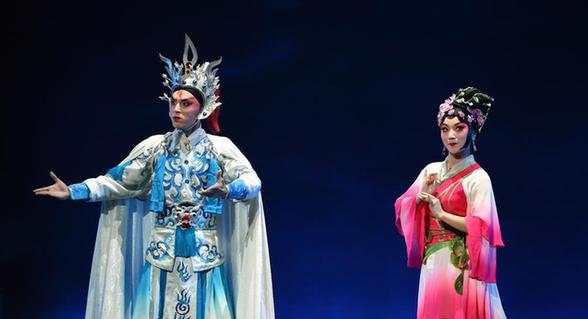 |
|
Jingju, with a history of more than 200 years, is a synthesis of music, dance, and acrobatics and is widely regarded as a symbolic expression of Chinese culture.[Photo/Xinhua] |
A well-established Peking opera artist believes that the art should hold its Chinese identity despite its translation.
The Chinese quintessence Jingju is actually not equal to western opera or ballet, no matter what innovations have been made to it, said Mei Baojiu, son and successor of Chinese theater mogul Mei Lanfang (1894-1961), on Wednesday.
But junior Mei is not against innovation. The play he directed being shown during the ongoing seventh Jingju art festival in Tianjin Municipality deploys modern technologies such as 3D virtual image, stereo and LED while keeping the singing of his father.
He believes the high tech helps make Jingju performance visually more gorgeous and trendy.
"All innovation methods, however, should be used to serve rather overwhelm the content," said Mei.
Jingju, with a history of more than 200 years, is a synthesis of music, dance, and acrobatics and is widely regarded as a symbolic expression of Chinese culture. Many historical events were adapted into Jingju plays, which in the past were an important primer on history and ethical principles.
Due to its relatively outdated performance pattern and slow rhythm, Jingju has losing audience, young people in particular, which endangers the national quintessence.
Artists like Mei are making efforts to train inheritors and promote Jingju both at home and overseas. To commemorate the 120th anniversary of Mei Lanfang's birth, Mei Baojiu and Beijing Peking Opera Theater have run a world performance tour from 2013 to 2014.
"The biggest difference between Chinese theater and Western theater and opera, is just the conventionality," Mei said in a lecture at the UN Headquarters in August, adding that Jingju's features include fluidity, flexibility and conventionality.
"The root of Jingju should never be changed," Mei said.
|
|
|
|
|
|
|
|
|
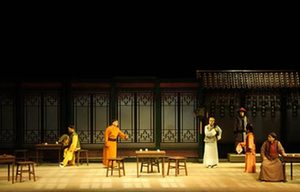
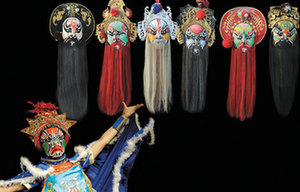
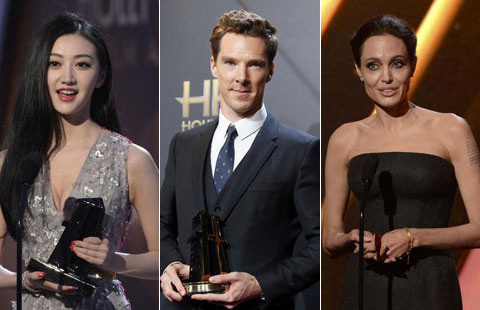

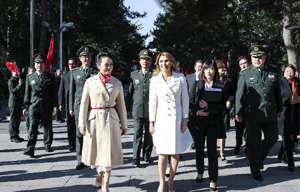
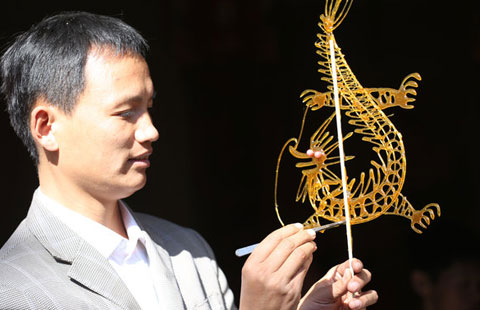


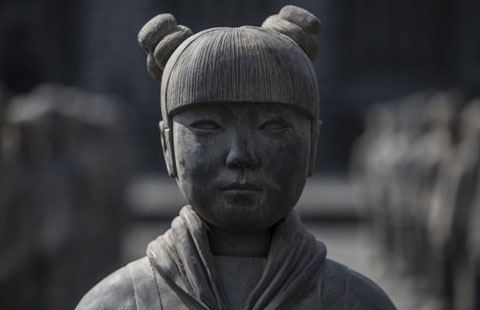
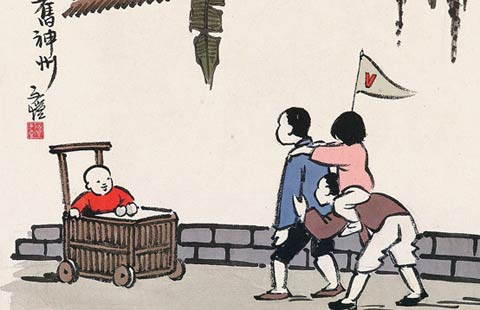
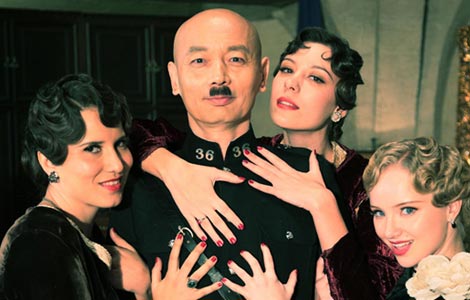


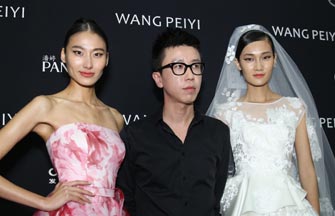
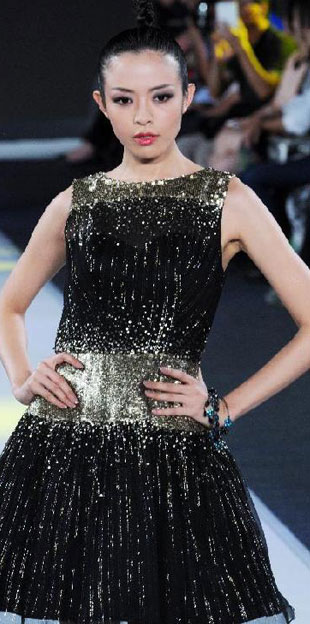

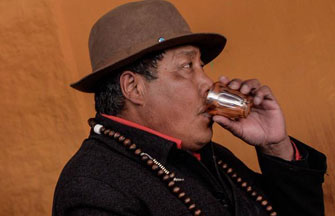


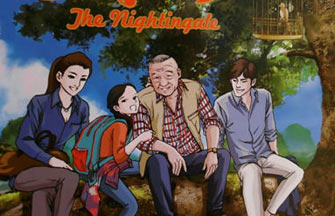

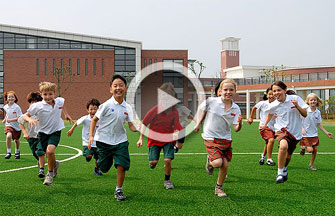
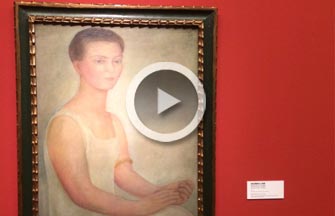
 Raymond Zhou:
Raymond Zhou: Pauline D Loh:
Pauline D Loh: Hot Pot
Hot Pot Eco China
Eco China China Dream
China Dream China Face
China Face





